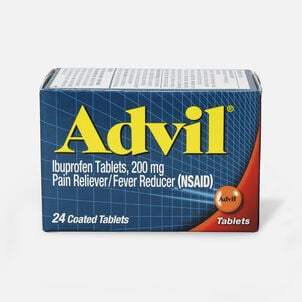Should I be concerned about the “use it or lose it” rule?
Unlike HSAs, FSA funds don't rollover from year-to-year. That money doesn't just disappear. Whatever funds are unused go back to your employer. Now, to be fair, employers don't necessarily want the money back - the IRS basically makes them take it. In these situations, it's used to balance losses that happen when employees overspend their accounts and then leave a company or to help offset administrative costs of providing the plan to employees.
It's certainly a good use of money for the company, but there are no direct benefits to you. Ask yourself this: Would you donate your paycheck for your company's other financial gaps? Unless the answer is "yes" it's time to start putting your FSA money toward better things. Namely for your own well-being!
Giving up FSA money is easy to avoid if healthcare spending is carefully planned over the course of a year.
Employees should still watch the "use it or lose it" requirement, but considering many FSAs offer deadline extensions, such as a 2 ½ month grace period to spend down remaining funds or a rollover of up to $610 into the following plan year (for plan years in 2023- increases to $640 for 2024), it's less of a concern for FSA account holders and shouldn't scare away new enrollees.
If FSA users are careful throughout the year, spend their funds wisely, and check in with their benefits administrators on deadlines and extensions, FSAs are way easier than ever to help cover a huge range of qualifying medical products and services.
















